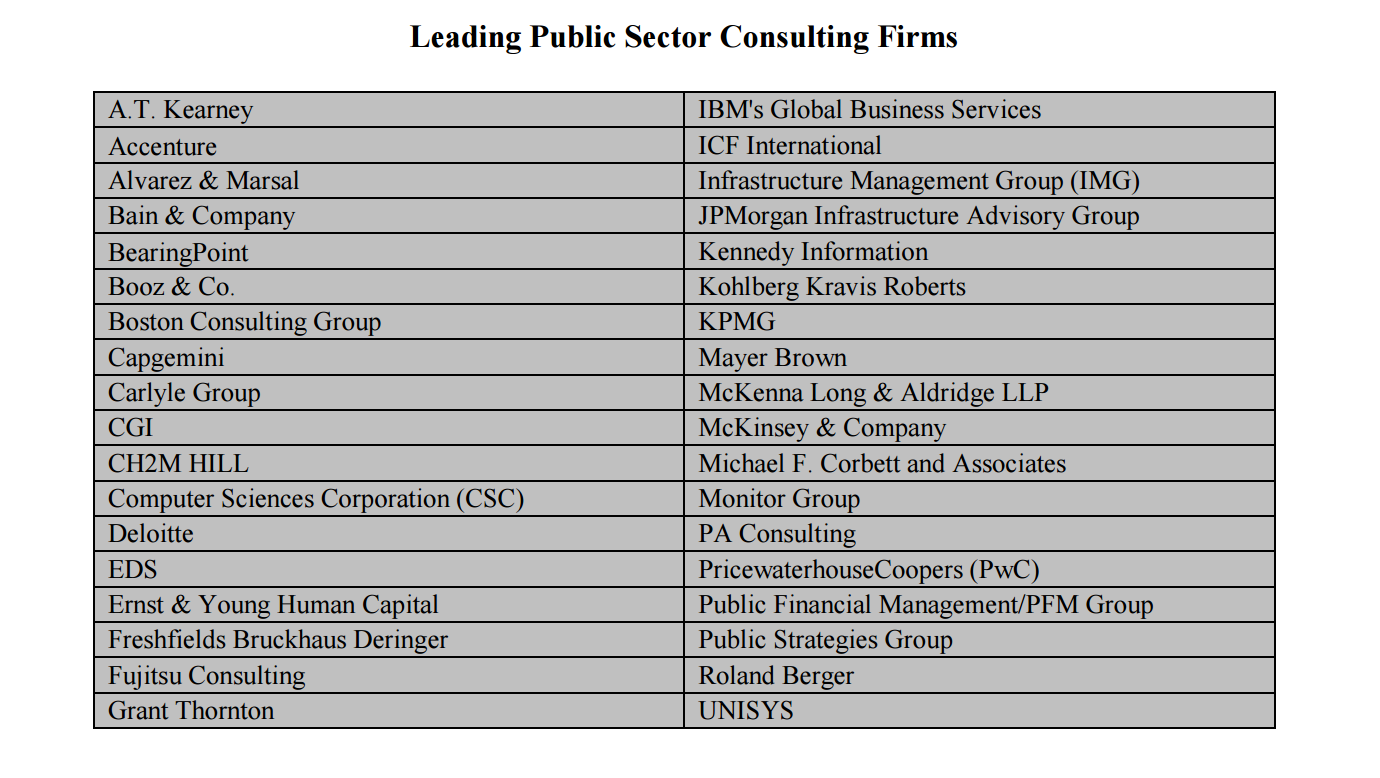
What is the best way to create a LinkedIn headline? It should not be product-oriented but outcome-oriented. It will communicate your expertise and build credibility. The headline should include your current job title and the company name. Then, you should mention your unique selling proposition. These are some tips for making your headline compelling. Let's see some examples. LinkedIn headlines should include your current position and company name. The headline should include a call-to action.
LinkedIn headlines are outcome-oriented, not product-oriented
Your headline should include the word "outcome". This will help you stand out among your competitors. Think about what the prospective customer will experience after working with you. Does your headline reflect their experience? Does it convey your expertise? Does it make you stand out from the rest? Your headline should be a description of what sets you apart as a writer or consultant.

Rosi Ross, for instance, uses LinkedIn to highlight her experience in digital media. This title grabs people’s attention and drives interest in her profile. After writing this headline, she moved to the USA. She also includes her job title to draw attention. This strategy was successful in landing her a lucrative job at the USA.
They help build credibility
Your headlines should clearly communicate your message, communicate the value of your product, and inspire action. Though clever headlines can include a catchy rhyme and unique word, they shouldn't distract from your core value proposition. Here are some tips for creating a killer headline on LinkedIn.
If you choose a title which highlights your expertise, and include a brief summary on your work history, people will be able to easily see your profile. Be sure to include your job title. Focus on the employee's contribution and your call for action. Students may have difficulty creating a headline due to their lack of work experience or the fact that they can't start working until after graduation.
They lack a call-to-action
LinkedIn users don't like headlines that do not include a call for action. In order to get people to read your content, you need to make your headlines more impactful and compelling. Here are some examples of bad headlines:

LinkedIn headlines must contain keywords or phrases that employers will use to find potential employees. To describe my business, I used the words'marketing' and'sales' in the following example. I also ensured that at least three keywords were included in my profile to help people find me when they search for my role. These keywords are crucial for your LinkedIn profile. You must have a catchy headline if you wish to be found on LinkedIn by recruiters.
FAQ
What are the benefits of consulting?
As a consultant, you can usually choose when you work and what you work on.
This means you can work whenever you like and wherever you wish.
You can also easily change your mind, without worrying about losing any money.
Finally, you have the ability to control your income levels and establish your own schedule.
What skills is required to consult?
Strong interpersonal and analytical skills are essential for consultants. This is important because you are working on projects where you may not know exactly what you are doing. You need to be able to manage people quickly and solve problems efficiently.
Communication skills are essential. Most clients expect a reply within 24 hours. If they don't hear back from you, they assume you aren't interested. It is vital to inform them and make sure that they are fully informed.
What is the cost of hiring a consultant?
There are many factors that influence the price of consulting services. These are:
-
Project size
-
Time frame
-
Scope of work
-
Fees
-
Deliverables
-
Other considerations such as experience level, location, etc.
What can I count on from my consultant to help me?
When you choose your consultant, they should respond within a few working days. They will typically ask for information about the company, such as its mission, goals. products and services. budget. Next, they'll provide a proposal describing the scope and estimated time frame, fees, deliverables or milestones, as well as an estimate of costs.
If everything is in order, then the parties will enter into a written contract. The type of relationship between them (e.g. employer-employee or employer-independent contractor) will determine the terms of the contract.
If all goes according to plan, the consultant will begin working immediately. S/he will have access to your internal documents and resources, and you'll have access to his/her skills and knowledge.
Don't think that consultants are experts. It takes practice and hard work to become an expert in the field you are consulting. You shouldn't expect your consultant will know everything you need to know about your business.
What is the difference between a consultant and an advisor?
A consultant is an advisor who gives information on a particular topic. Consultants offer solutions to problems.
To help clients achieve their goals, a consultant works directly with them. Advisors advise clients indirectly via books, magazines, lectures and seminars, etc.
Statistics
- Over 50% of consultants get their first consulting client through a referral from their network. (consultingsuccess.com)
- According to statistics from the ONS, the UK has around 300,000 consultants, of which around 63,000 professionals work as management consultants. (consultancy.uk)
- According to IBISWorld, revenues in the consulting industry will exceed $261 billion in 2020. (nerdwallet.com)
- WHY choose me: Why your ideal client should choose you (ex: 10 years of experience and 6-week program has helped over 20 clients boost their sales by an average of 33% in 6 months). (consultingsuccess.com)
- 67% of consultants start their consulting businesses after quitting their jobs, while 33% start while they're still at their jobs. (consultingsuccess.com)
External Links
How To
How do you find the best consultant?
The first thing to do when looking for a new consultant is to ask yourself what you want from him/her. Before you begin looking for a consultant, it is important to know what your expectations are. Make a list of everything you think you might need from a consultant. These could include professional expertise, technical skills and project management abilities, communication skills, availability, and other things. After you have listed your requirements, it might be a good idea to ask colleagues and friends for their recommendations. Ask your friends and colleagues if they have had bad experiences with consultants in the past. Compare their recommendations with yours. Research online if you don’t already have recommendations. There are many websites, such as LinkedIn, Facebook, Angie's List, Indeed, etc., where people post reviews of their previous work experiences. Use the feedback and ratings of others as a starting point to search for potential candidates. Finally, once you've got a shortlist of potential candidates, make sure to contact them directly and arrange an interview. At the interview, it is important to discuss your requirements and get their feedback on how they can help. It doesn’t matter if the person was recommended to you; it matters that they understand your business goals, and can show you how they can help.